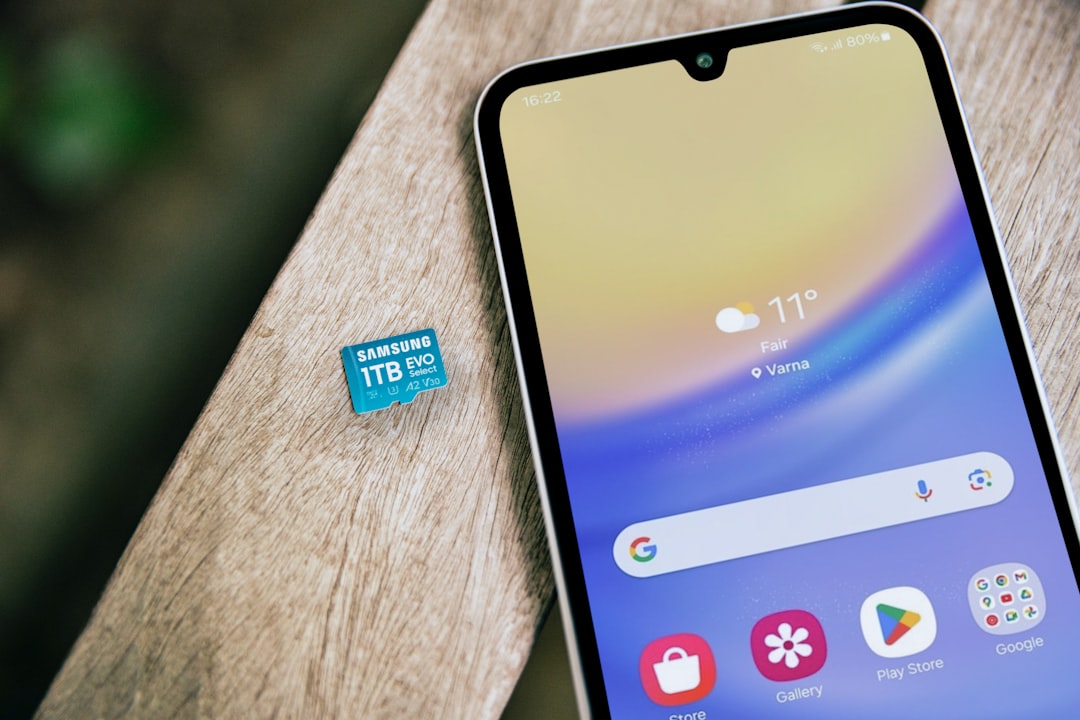In the digital era, robocalls have become a significant nuisance in Iowa, leading to legal actions and regulations, such as those enforced by unwanted call attorneys. Businesses are responding by adopting advanced phone technologies and collaborating with telco providers to combat robocalls, balancing customer satisfaction and compliance. By encouraging customer feedback, training staff on telemarketing laws, and implementing innovative solutions, Iowa businesses are reducing nuisance calls and fostering trust among residents, all while navigating the complexities of unwanted call attorney Iowa laws.
In today’s digital age, local businesses are increasingly grappling with the issue of robocalls, which can have a significant impact on customer satisfaction and reputation. This article explores the rising concern of unwanted calls, focusing on Iowa’s legal landscape regarding robocall regulations. We provide insights into effective strategies for businesses to manage complaints and share inspiring case studies demonstrating successful robocall mitigation efforts. Understanding these approaches is crucial for local entrepreneurs seeking guidance from an unwanted call attorney in Iowa to navigate this modern challenge.
Understanding Robocalls and Their Impact on Local Businesses

In today’s digital age, businesses often rely on automated phone systems to connect with customers. However, this has led to a growing concern over robocalls—unwanted calls from pre-recorded messages that can be disruptive and frustrating for recipients. In Iowa, as in many parts of the country, these automated calls have become a significant issue, prompting legal actions and regulations to protect consumers from unwanted call attorney Iowa scenarios.
Local businesses are navigating this complex landscape by implementing various strategies to address robocall complaints. Some are investing in advanced phone systems that can better identify and filter out automated calls, ensuring they only connect with genuine customers. Others are working closely with telecommunications providers to report suspicious activity and collaborate on anti-robocall initiatives. Understanding the impact of these unwanted calls is crucial, as it helps businesses prioritize customer satisfaction and compliance with legal requirements related to unwanted call attorney Iowa.
The Legal Landscape: Unwanted Call Regulations in Iowa

In Iowa, the legal landscape surrounding unwanted calls is shaped by both state and federal regulations. The Telephone Consumer Protection Act (TCPA) at the federal level sets strict guidelines on telemarketing practices, including restrictions on automated or prerecorded calls to mobile phones. These rules are further reinforced by state laws like those in Iowa, which prohibit certain types of unsolicited telephone marketing calls, often referred to as robocalls.
Iowa’s Attorney General’s Office plays a crucial role in enforcing these regulations, ensuring that businesses adhere to the law. Unwanted call attorneys in Iowa help both consumers and businesses navigate this legal territory. Consumers can file complaints with the Attorney General’s Office if they believe they’ve received illegal robocalls, while businesses can seek guidance on how to comply with the law to avoid potential penalties. This collaborative effort contributes to a more transparent and less intrusive telephone marketing environment for all Iowans.
Strategies for Local Businesses to Handle Customer Complaints About Robocalls

Local businesses face a unique challenge in addressing customer complaints about robocalls, an issue that has become increasingly prevalent in today’s digital age. With the rise of automated phone systems, many consumers are frustrated by unwanted calls, leading to a need for effective strategies to handle these concerns. One crucial approach is to establish a clear and dedicated process for managing customer feedback, especially regarding unwanted call attorney Iowa.
Businesses should prompt customers to share their experiences through surveys or direct communication channels. By actively listening to complaints, they can identify patterns and implement targeted solutions. Additionally, training staff members to recognize and respond to robocall-related issues is essential. This may involve educating employees on the legal aspects of telemarketing regulations and empowering them to assist customers in opting out of automated call lists, thereby fostering a more positive customer experience and potentially building brand loyalty.
Case Studies: Success Stories of Businesses Addressing Robocall Issues

In the face of mounting unwanted call complaints, many local businesses in Iowa have taken proactive measures to address the robocall issue. These success stories showcase a range of innovative strategies that have not only reduced the volume of automated calls but also enhanced customer satisfaction and loyalty. One notable example is a small law firm specializing in consumer protection, which implemented advanced caller ID systems and machine learning algorithms to filter out robocalls before they reach their clients. By identifying and blocking these calls at the network level, the firm has significantly improved its response time to genuine client inquiries.
Another successful approach has been community collaboration. Local chambers of commerce and business associations have organized workshops and training sessions to educate members on robocall management. These initiatives include teaching businesses about the legal framework surrounding robocalls, such as the Telephone Consumer Protection Act (TCPA), and providing practical tools for call tracking and consumer data protection. As a result, many Iowa businesses are now equipping themselves with the knowledge and resources necessary to better protect their customers from unwanted calls, fostering a more trustworthy business environment in the process.






